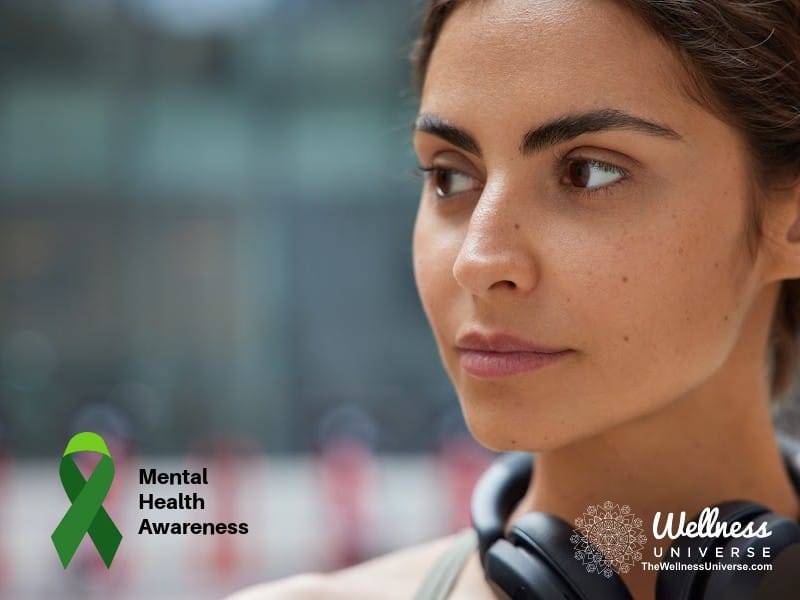In a world where mental health continues to be overshadowed by stigma and misconceptions, World Mental Health Day on October 10 serves as a vital reminder to raise awareness and support those experiencing mental health issues. With one in five adults in the United States facing a mental health condition each year, the importance of mental health cannot be understated.
Mental health encompasses our emotional, psychological, and social well-being, influencing how we think, feel, and act in our daily lives. Conditions like depression, anxiety, bipolar disorder, and schizophrenia can have a profound impact on individuals’ ability to function and their overall quality of life. Despite the prevalence of mental health disorders, many individuals still face barriers to accessing care, including stigma, lack of affordable services, and misconceptions.
Stigma remains a significant obstacle to improving mental health outcomes, with negative attitudes and behaviors toward those with mental health conditions preventing individuals from seeking help and leading to discrimination. Mental Health Awareness Month aims to challenge these stigmatizing attitudes and promote a more compassionate understanding of mental health.
The connection between mental and physical health is also highlighted, with research showing that poor mental health can increase the risk of chronic physical conditions and vice versa. Strategies such as mindfulness, developing social connections, seeking professional help, setting healthy boundaries, and prioritizing physical activity can all play a role in building resilience and coping with stress.
Mental Health Awareness Month provides an opportunity to advocate for change, promote mental health education, and push for policy changes that address disparities in access to care. Individuals can contribute to the goals of Mental Health Awareness Month by educating themselves and others, advocating for change, supporting mental health organizations, and engaging in self-care practices.
Overall, mental health is a shared responsibility that requires a culture of compassion, understanding, and resilience. By fostering a world where mental health is valued as much as physical health, individuals can feel empowered to seek help without fear of judgment or discrimination. Let’s continue breaking down the barriers of stigma, supporting those in need, and advocating for a more equitable mental health care system. Together, we can create a more compassionate and mentally healthy world.
